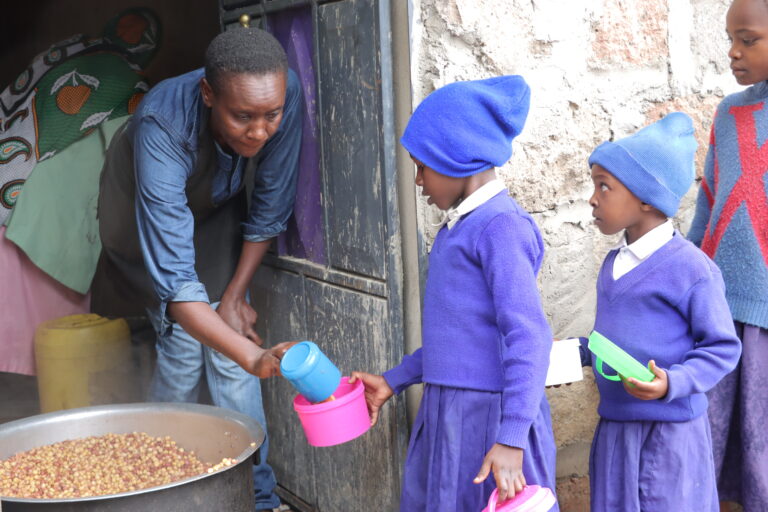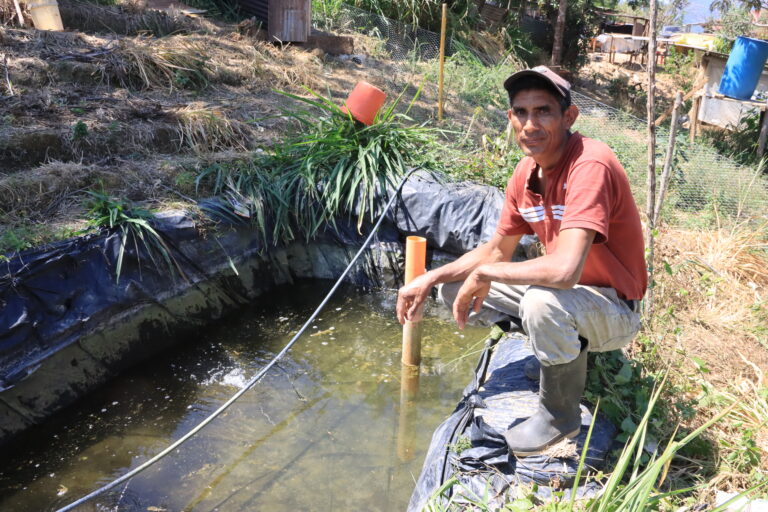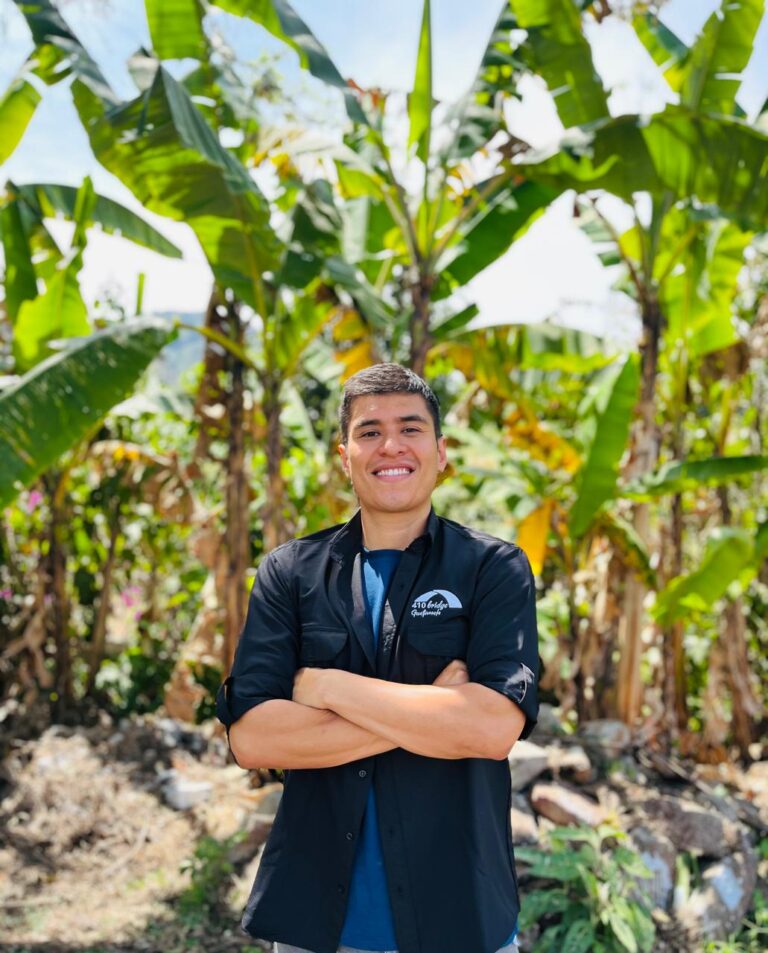
I recently wrote a 3-part blog about our education strategy. Click here to check it out: Part 1, Part 2, and Part 3.
Folks are beginning to ask us what happens “after school?” Not after five o’clock when most Kenyan kids get out of the classroom for the day, but after they graduate from 8th grade. Or after Form 4 (Grade 12)… What happens then? Remember… 75% or more of kids in rural Kenyan communities don’t get a secondary school education. And even the ones that do are unable to find employment. So what’s The 410 Bridge trying to do about it…?
I have the privilege of sitting on the board of our strategic service partner – BrightPoint for Children. In a recent board meeting we were talking about what 410 Bridge does to help kids after they “graduate”. How are we helping them break the cycle of poverty beyond acquiring a quality education. One of the answers is Dynamic Business Start-up, a micro-enterprise training program designed by another strategic service partner – Empowering Lives. What we love about DBSP is that it’s consistent with our “pull” philosophy. We don’t decide what businesses they need… they do.
Here’s how it works…. DBSP accepts applications from community residents. The application is a simple form with a few basic (very basic) business questions. The purpose…? To find folks that have an entrepreneurial bent. Through our relationship with DBSP, we’ve learned that about 60% of people want to work for someone else. They really aren’t risk takers, and there’s nothing wrong with that. They just wouldn’t be a prime candidate to start a business. About 30% of people are comfortable in a management position, and about 5%-10% are entrepreneurial. The entrepreneurs are the folks that DBSP is looking for….
They select 20-25 applicants for the training class. Three days each week (Monday, Wednesday & Friday) the students are in a classroom setting. They learn about business… business theory, writing a business plan, profit, expenses, margin, identifying a market, etc. etc. When they’re not in the classroom (Tuesday, Thursday, & Saturday) they are in their communities doing field research – learning what kind of businesses the community can support.
During the training they have to write three business plans for three separate business ideas. Shortly thereafter they have to decide which business plan they’re going to launch and invest their own money in. That’s right, they invest their own capital. No micro-loans… 410 Bridge doesn’t fund the business, they do. Every student has to bring a minimum of 500 Kenyan Shillings to the program.
We piloted the program in Kwambekenya earlier this year. We followed it up with another program in Joska. The results? Take look and hear what some of the graduates have to say…
Alice Wanjiku Muchururu sells cakes. Gross profit in the first month = 1,675 Ksh “I have wasted years looking for a job, but now, thanks to DBSP I see business opportunities wherever I go.”
Daniel Kariuki Nderitu sells chickens. Gross profit in the first month = 1,495 Ksh
“The DBSP course has been an eye-opener for me. I am now in good shape. My family will never go lacking.”
Milcah Myambura Mwangi sells samosa’s (A fried or baked triangular-shaped pastry). Gross profit in the first month = 5,450Ksh
“I did not know that I could start a business with 500 Ksh, but now I have gained the skills to help me understand that with good management and record keeping, I will definitely be successful.”
Total cost? About $12,000 for 50 students. The 410 Bridge funds the program, but the students have to fund their business. For less than $250 bucks we can help someone help themselves and break the cycle of poverty forever.
Imagine a community in five years… Primary and Secondary schools providing a quality education… Water solutions in place… Health clinics built…. and opportunity for economic growth through hard work. Imagine…. We do.





